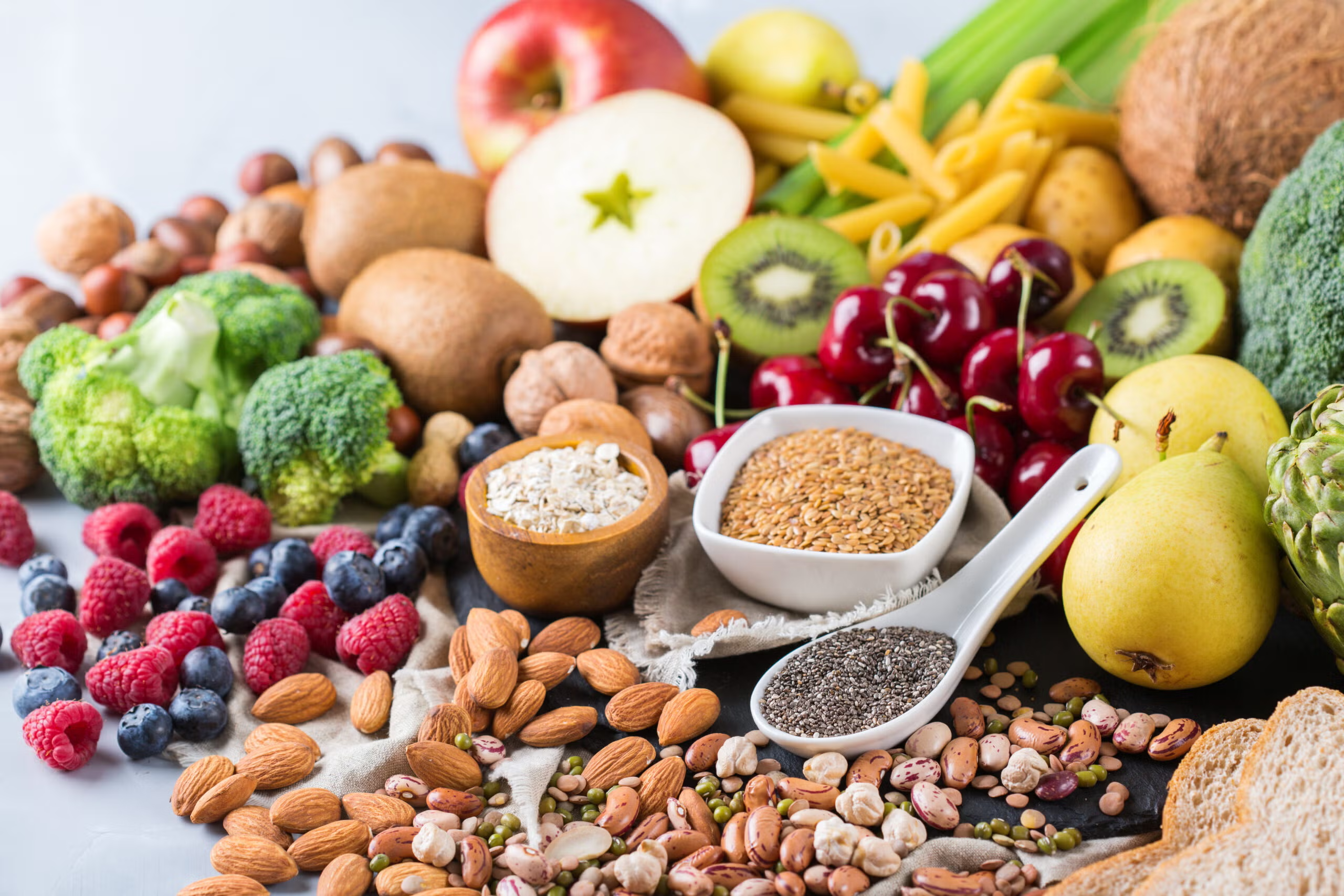EN 13791 Sugar Profile Analysis in Fruit Juices
The European Standard EN 13791:2004 specifies a method for determining the sugar profile of fruit juices by high-performance liquid chromatography (HPLC). This analytical technique is crucial for quality assurance, compliance, and R&D purposes within the food and feed sector. Understanding the sugar composition helps in ensuring product consistency, identifying potential adulteration, and meeting regulatory requirements.
The sugar profile of fruit juices can vary significantly depending on the type of fruit used, processing methods, and storage conditions. Variability in sugar content is not only important for maintaining taste but also plays a role in determining nutritional value. For instance, higher glucose levels might indicate overprocessing or inferior quality control.
The method outlined in EN 13791 employs HPLC with refractive index detection (RID) to separate and quantify monosaccharides such as glucose, fructose, sucrose, galactose, mannose, arabinose, xylose, and other sugars. This comprehensive analysis provides insights into the carbohydrate composition that are essential for product labeling accuracy.
Quality managers rely on accurate sugar profiles to ensure consistent product quality. Compliance officers use these analyses to verify adherence to food safety standards such as those outlined in ISO 22000 and EU regulations on food additives. R&D engineers benefit from precise sugar profile data when developing new products or improving existing ones.
For procurement teams, knowing the sugar content helps in selecting suppliers based on quality criteria. By ensuring that the sugar profiles align with expected values, they can minimize risks associated with substandard ingredients.
The process of analyzing a fruit juice sample involves several steps. Initially, the juice is filtered to remove any particulates that could interfere with the chromatographic separation. Calibration standards are prepared using known concentrations of sugars to calibrate the HPLC system accurately. The calibration ensures reliable quantification results.
Once calibrated, the fruit juice sample undergoes injection into the HPLC column where it is separated based on molecular size and shape. As each sugar elutes from the column at a specific retention time, the refractive index detector measures its concentration. This data point is then recorded and processed to generate the final sugar profile.
Reporting of results follows strict guidelines set forth by EN 13791 ensuring consistency across laboratories worldwide. Typically, reports include detailed chromatograms showing individual peaks corresponding to different sugars along with their quantitative values expressed in terms of grams per liter (g/L).
This service is particularly valuable for companies operating within the European Union who must comply with stringent labeling laws regarding sugar content disclosure on food products. It also supports industries involved in organic certification processes where purity and naturalness are paramount.
Why It Matters
The importance of accurate sugar profiling cannot be overstated, especially when dealing with fruit juices which are popular worldwide. Consumers expect products to meet certain quality standards; deviations from these expectations can lead to dissatisfaction or even legal action.
From a business perspective, maintaining consistent sugar profiles across all batches enhances brand reputation and customer trust. It also aids in competitive differentiation by offering superior product offerings compared to competitors who may not adhere strictly to such practices.
In terms of regulatory compliance, failure to meet required standards could result in fines or withdrawal of products from shelves. Therefore, having reliable sugar profile analyses is critical for avoiding legal issues and maintaining good standing with authorities.
Furthermore, understanding the sugar composition allows manufacturers to optimize production processes leading to cost savings through efficient resource utilization. For instance, optimizing extraction methods can reduce waste while still achieving optimal sugar concentrations in final products.
Eurolab Advantages
At Eurolab, we pride ourselves on providing unparalleled expertise in EN 13791 sugar profile analysis. Our team comprises highly skilled analysts who are well-versed in both the theoretical aspects and practical applications of this standard.
We utilize state-of-the-art instrumentation including advanced HPLC systems capable of achieving high precision and accuracy levels necessary for thorough profiling. Our laboratories adhere strictly to ISO/IEC 17025 accreditation ensuring reliability and traceability of our findings.
Our commitment extends beyond mere compliance; we strive to offer actionable insights derived from our analyses. This approach enables clients not only to meet regulatory requirements but also gain competitive advantages through informed decision-making processes.
We understand the importance of turnaround times in business operations and therefore aim to deliver results promptly without compromising on quality. Timely delivery ensures that corrective actions can be taken swiftly if any discrepancies are found during analysis.
International Acceptance and Recognition
The European Standard EN 13791 enjoys widespread acceptance globally due to its robustness and comprehensiveness. Many countries outside the EU have adopted this standard either directly or adapted versions thereof, recognizing its value in ensuring accurate sugar profiling.
International organizations such as the International Organization for Standardization (ISO) and the European Committee for Standardization (CEN) endorse EN 13791 highlighting its significance within the broader scientific community. This endorsement translates into increased confidence among stakeholders regarding the validity of test results obtained under this standard.
Recognized by regulatory bodies like the Food and Drug Administration (FDA), Health Canada, and others around the world, adhering to EN 13791 ensures that companies remain compliant with international standards. This global recognition enhances market access opportunities for businesses operating across borders.





